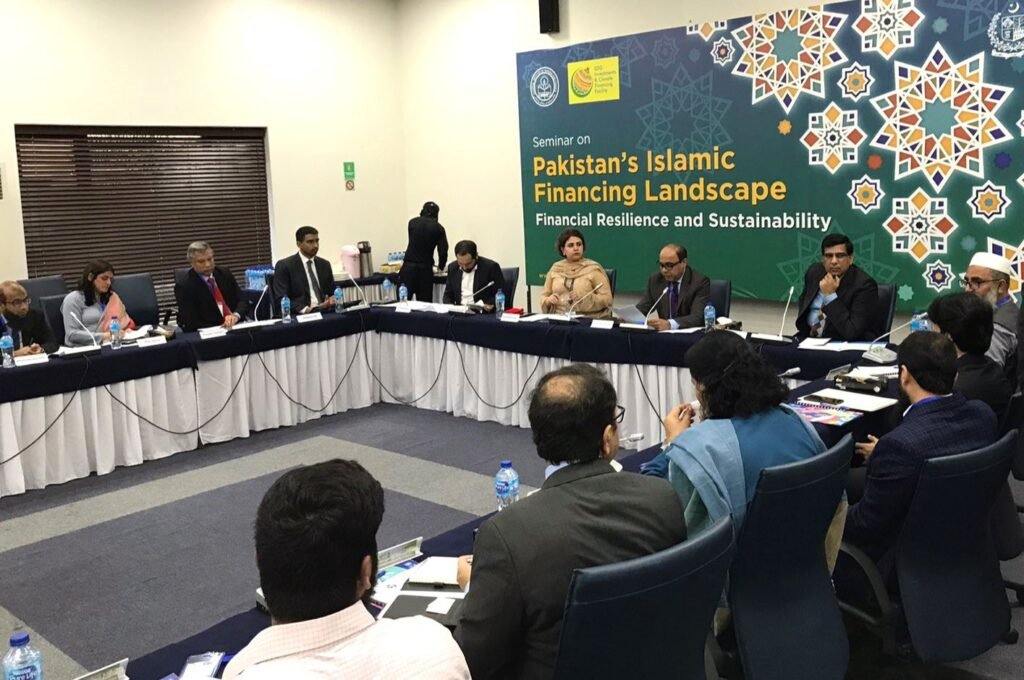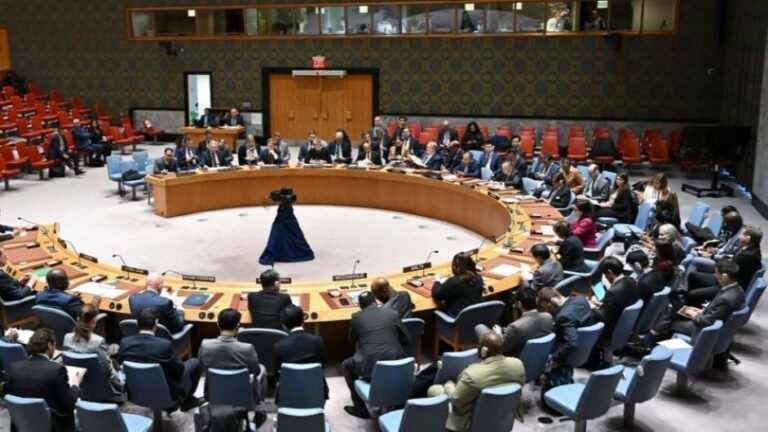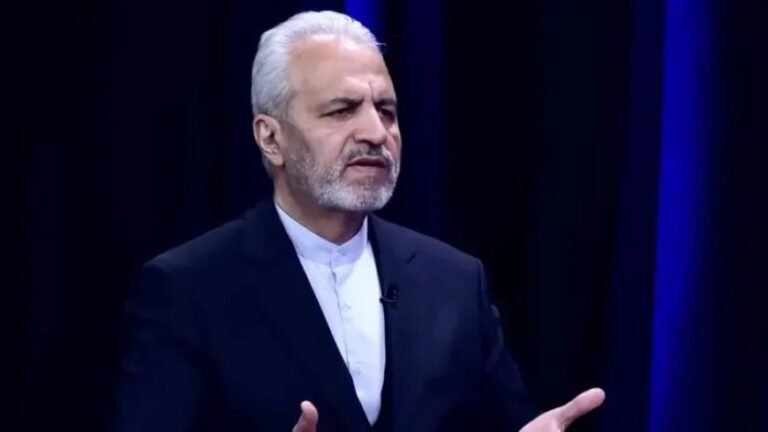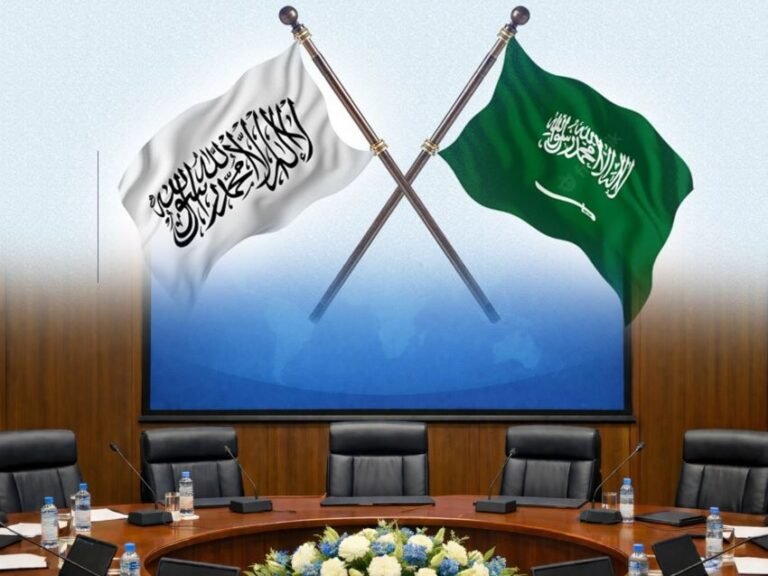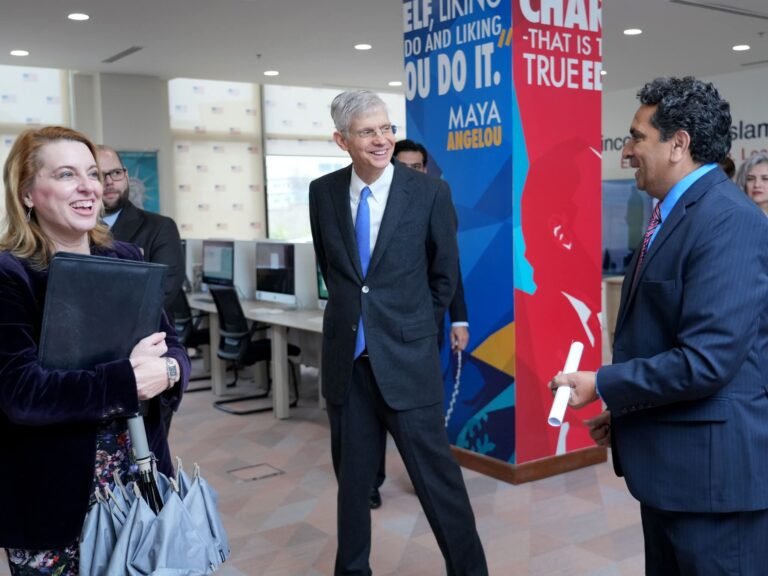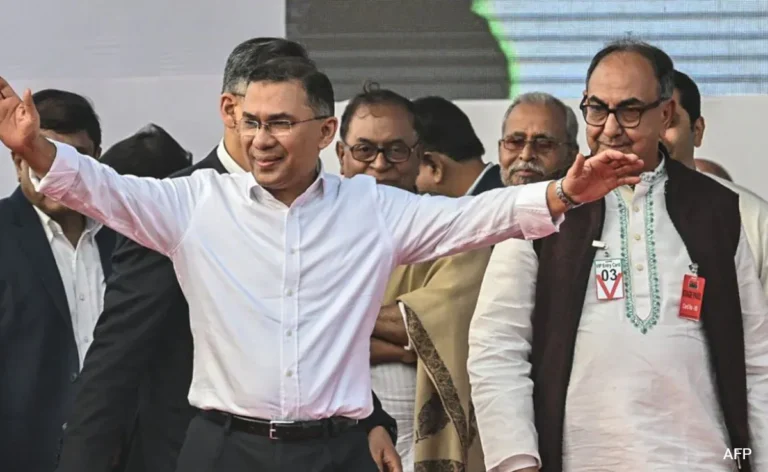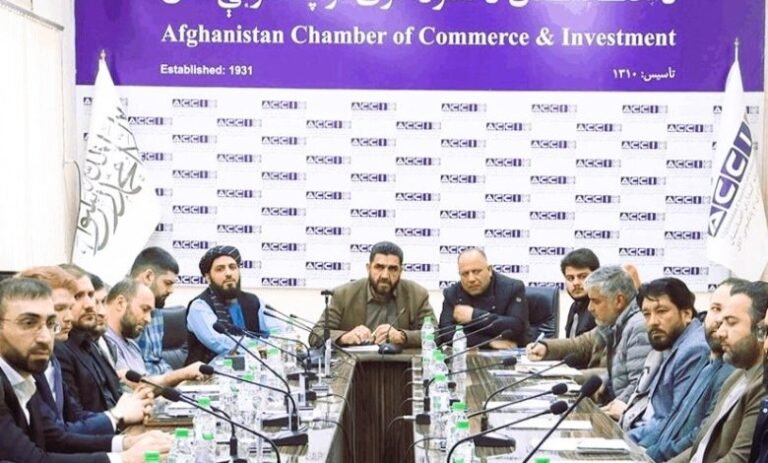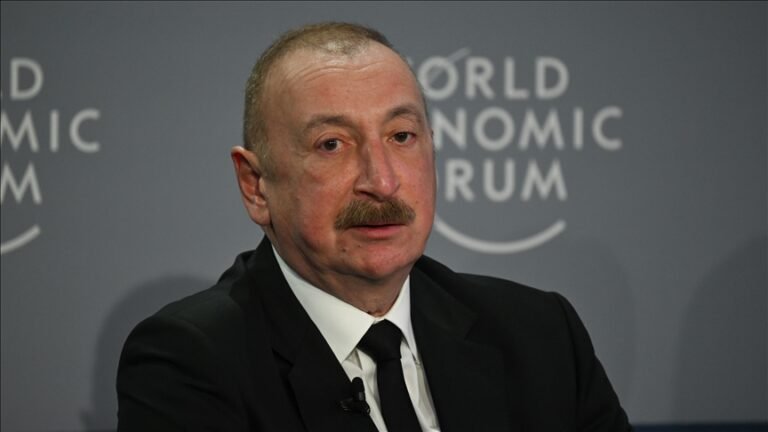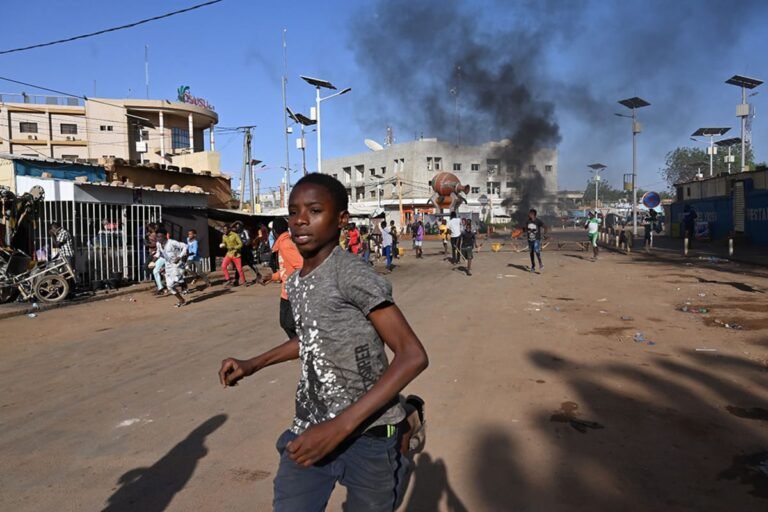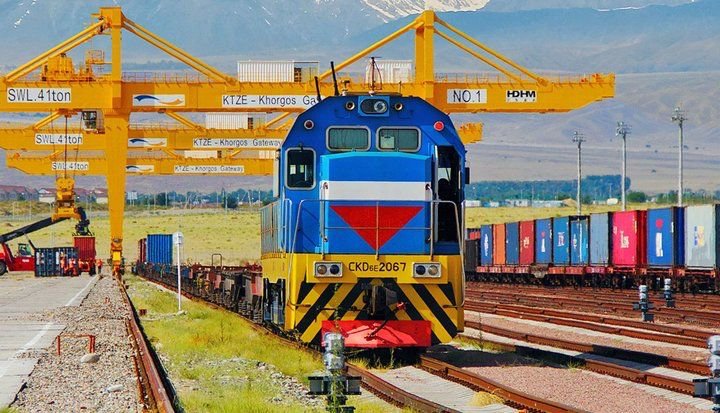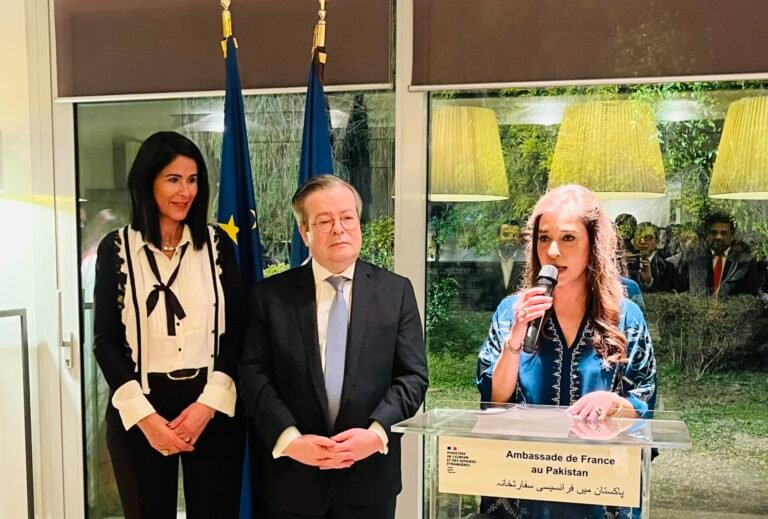Islamabad, 3 October 2023 (TDI): The United Nations Development Program in Pakistan (UNDP) and The National Institute of Banking and Finance (NIBF) recently collaborated to organize a policy seminar.
This seminar was organized with a specific focus on leveraging Islamic financing to address Pakistan’s Sustainable Development Goals (SDGs) funding deficit.
(1/2) #UNDPinPakistan & @NibafPakistan convened a policy seminar on leveraging Islamic financing to bridge 🇵🇰’s #SDGs financing gap, with NIBAF Managing Director Riaz Chunara, Director Islamic Finance @StateBank_Pak Ghulam Abbasi, UNDP ARR @ammaradurrani & key govt officials. pic.twitter.com/oFX3uI8Vm4
— UNDP Pakistan (@UNDP_Pakistan) October 3, 2023
Key figures in attendance included NIBAF Managing Director Riaz Chunara, Director of Islamic Finance State Bank of Pakistan, Ghulam Abbasi, UNDP Assistant Resident Representative (ARR) Ammara Durrani, as well as several prominent government officials.
During the seminar, several informative presentations were delivered, shedding light on the challenges and potential opportunities associated with Islamic financing.
These presentations were given by notable entities such as the Securities & Exchange Commission of Pakistan (SECP), Faysal Bank Limited, Salaam Takaful Limited, Institute of Business Administration (IBA) in Karachi, and UNDP Indonesia.
Following these presentations, a policy roundtable discussion ensued, where insights and perspectives were gathered from key stakeholders.
Among the participants were representatives from the Ministry of Finance, Pakistan, the Ministry of Economic Affairs within the Government of Pakistan, the National Disaster & Risk Management Fund (NDRMF).
As well as other relevant entities actively involved in addressing Pakistan’s development challenges and SDGs funding gap.
On October 2, 2023, Pakistan’s Permanent Representative to the United Nations, Munir Akram, addressed the General Assembly’s Second Committee on Economic and Financial matters.
Also Read:UNDP Pakistan evaluates Baluchistan SDGs Program
He highlighted the global economic inequality, with a growing gap between the super-rich and super-poor, and how this economic structure exploits both impoverished individuals and the environment.
Munir Akram noted setbacks to the Sustainable Development Goals (SDGs) caused by the pandemic, climate change, and global conflicts, resulting in millions falling back into poverty and food insecurity.
He proposed emergency reforms, including improvements to the international debt mechanism, and Pakistan’s commitment to initiating consultations to monitor important commitments.
Iffat Masood is Contributor and Content writer on THE DIPLOMATIC INSIGHT, and also Ambassador from IAMCR. She is perusing her PhD. from UAB Barcelona, Spain in Audio-Video Communications and Advertising.
- This author does not have any more posts.

